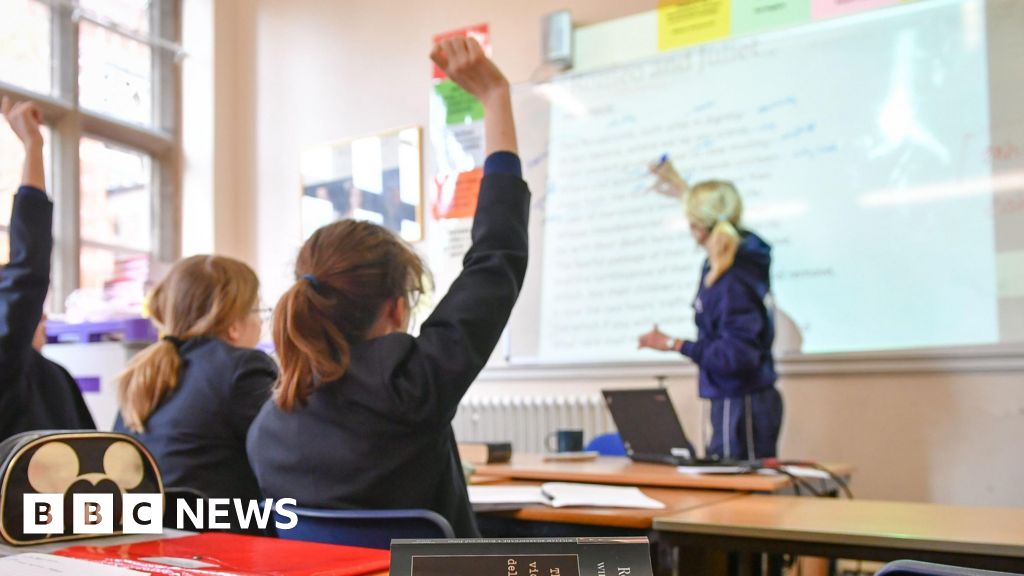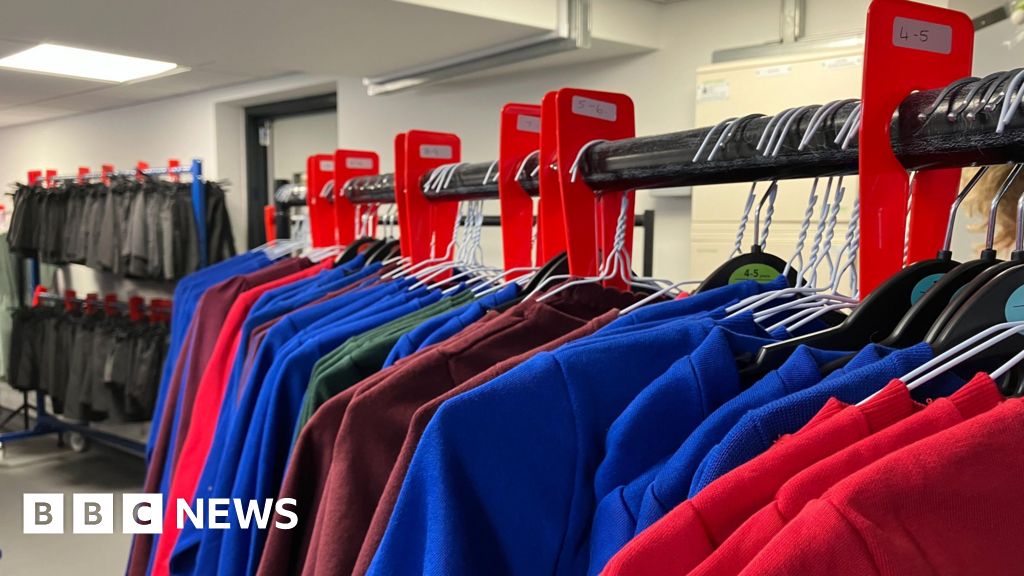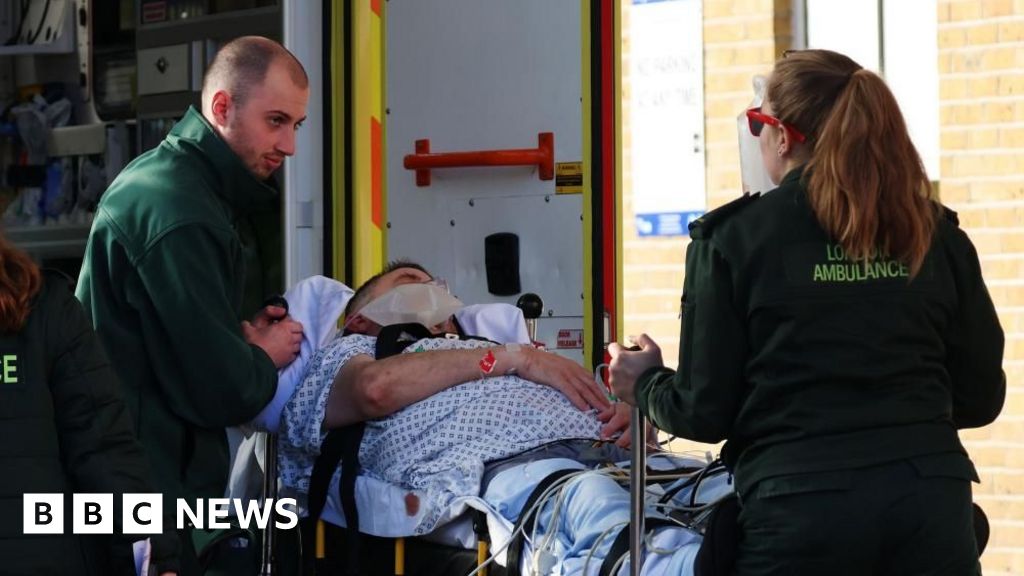ARTICLE AD BOX
Elections in all four UK nations are set to take place on 5 May.
Voters in England, Wales, and Scotland will pick who they want to run services that affect everyday life in their local area, Those in Northern Ireland will choose its government.
The results are likely to reflect how people feel about Boris Johnson, the "partygate" scandal, how Covid has been handled and the rising cost of living.
If you haven't registered to vote, it only takes a few minutes. The deadline in England, Wales and Northern Ireland is 14 April and 18 April in Scotland.
England
Local councils are responsible for everything from bins, bus routes and potholes, to providing mental health services,deciding planning applications and managing schemes to tackle climate change.
In England, more than 4,000 councillors in 146 councils are up for election in major cities including Leeds, Manchester, Birmingham and all 32 London boroughs.
South Yorkshire will also be voting for a regional mayor and 1,000 parish councils will be electing about 10,000 councillors.
Because of the huge number of seats being contested across England - some of them for the first time since 2018 - the results are likely to paint the clearest picture of the national mood.
Northern Ireland
The election for Northern Ireland's government is predominantly a contest between the parties in two blocs: unionists, who favour continuing the union with Britain, and nationalists, who favour a united Ireland.
Voters that support neither might back an increasingly popular third bloc of non-aligned parties, but since 2003, the Democratic Unionist Party has been the largest party in the Northern Ireland Assembly, followed by nationalists Sinn Féin.
The two have governed together under a mandatory power-sharing agreement that ended decades of fighting.
Recent polls suggest Sinn Fein could take the lead for the first time. If it becomes the largest party, the DUP has not said whether it would agree to share power and could refuse to nominate a deputy first minister to serve alongside a Sinn Féin first minister.
So it's possible that even after the election, the Assembly could remain without a devolved government for at least six months. If negotiations over the first and deputy minister roles end in stalemate, it could trigger another election and leave Northern Ireland in a state of political flux.
Wales
All seats in 22 local councils will be contested across Wales, where people can vote from the age of 16.
The political make-up has been mixed since the last election in 2017 and the majority of councils are currently run by coalitions - an agreement between at least two parties to share power.
Eyes will be on whether Labour can maintain its hold over Cardiff and the cities along the M4 corridor, and how the Conservatives perform in the north-east of the country, where they made gains last time.
Scotland
Voting is open to anyone over the age of 16 in Scotland, in all 32 local authorities.
The last election in 2017 saw the Conservatives make big gains from Labour, however they failed to gain overall control and most councils have been run by coalitions ever since.
The largest cities - Glasgow and Edinburgh - are always ones to watch, but this year's results are also likely to reflect how Scots feel more generally about such issues as recent council tax changes and post-pandemic recovery.
Related Internet Links
The BBC is not responsible for the content of external sites.

 3 years ago
101
3 years ago
101








 English (US) ·
English (US) ·